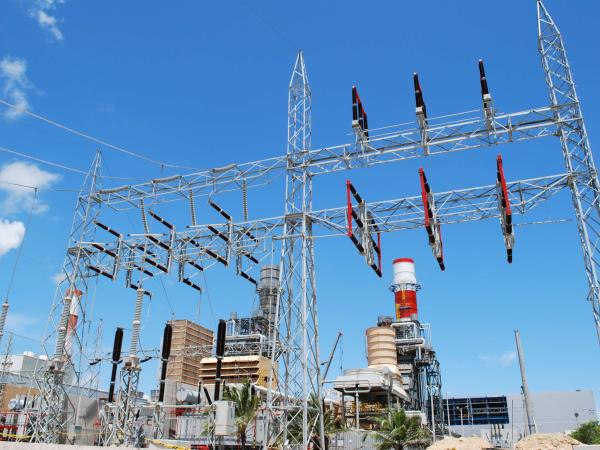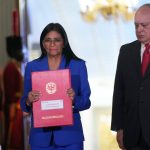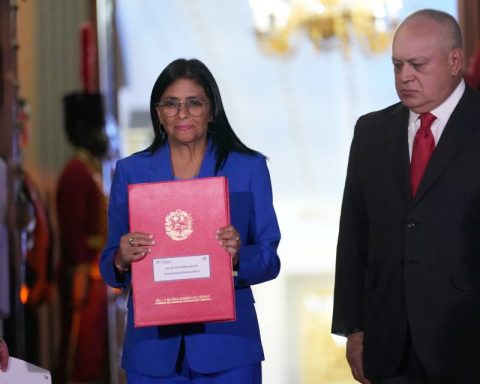In past days, the Administrative Department of the Presidency (Dapre) published the draft decree through which the President would resume the functions delegated to the Commissions for the Regulation of Energy and Gas (Creg) and Potable Water and Basic Sanitation (CRA).
(Development Plan proposes a state ‘holding’ of the electricity sector).
Given this, five unions in the electricity sector responded in a letter to President Gustavo Petro, pointing out that the current institutional framework already allows the participation of the Government in regulatory decision-making.
The letter, signed by Andesco, Asocodis, Andeg, Acolgen and Ser Colombianotes that “Not all the functions of the regulation commissions are functions delegated by the President”.
According to the unions, these functions have been delegated by means of legislation, for example Law 143 of 1994, so that to resume this control, a procedure by Congress would be required.
(Electricity sector: the problems facing the industry).
The unions point out that it cannot ignore the functions of the Creg and assert that “Even if it is considered that while the President exercises the functions of reassuming, he will personally answer for the decisions he makes.”
For this reason, they recommended that the Government, before issuing the decree, evaluate in detail some provisions such as Law 142 of 1994 that invited the Creg the power to set energy and gas rates.
It should be remembered that in the published decree project, the decision argued that constitutionally “It corresponds to the President of the Republic to indicate, subject to the law, the general policies of administration and control of efficiency of residential public services.”
(Is there a risk of a blackout in Bogotá? These are the possible scenarios).
However, the associations pointed out that the President can issue acts of a general nature. However, they call for decisions to ensure investment signals in the sector.
BRIEFCASE


















